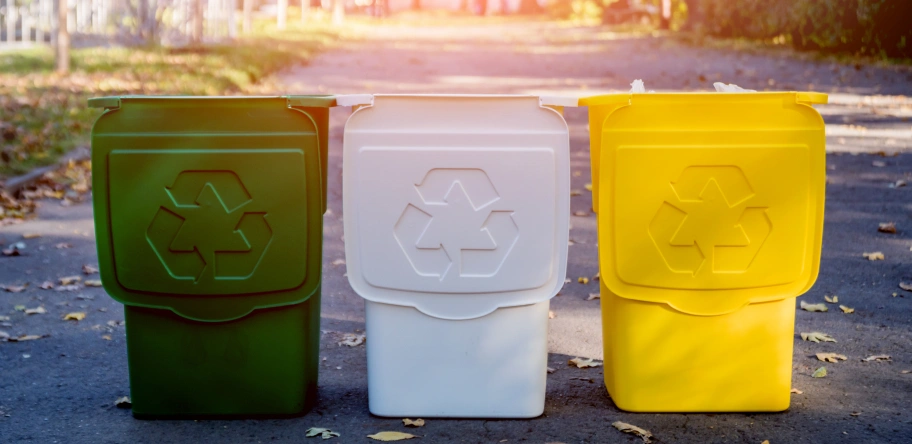Waste and Recycling - Sustainability.ussteel.com
U. S. Steel is committed to reducing waste throughout our operations and production processes. We strive to reduce waste generation, optimize resource utilization and foster a circular economy. Extending the life cycles of our products through recycling is the main way to reduce the number of our products that end up in landfills. We have a long history of recycling substantial quantities of scrap metal and steelmaking coproducts and byproducts.
In 2024, our North America operations recycled approximately 3.2 million metric tons of blast furnace slag, 23,959 metric tons of Basic Oxygen Process steel slag and 103,806 metric tons of EAF slag, selling the slag for use as aggregate and in highways and other construction. Due to the physical properties of steel, steel products can be recycled at the end of their useful life without loss of quality. In fact, steel can be infinitely recyclable, making steel products more affordable and contributing to a circular economy. In 2024, we recycled more than 5.1 million metric tons of purchased steel scrap corporate-wide.
A Peek into Our Waste and Recycling Performance
Total generation of hazardous waste
| 2022 | 2023 |
| 202,489 | 194,928 |
Total weight of hazardous waste recycled
| 2022 | 2023 |
| 137,755 | 139,079 |
Total generation of non-hazardous waste
| 2022 | 2023 |
| 2,087,486 | 2,720,325 |
Total weight of non-hazardous waste recycled
| 2022 | 2023 |
| 693,134 | 1,539,974 |
Our Waste and Recycling Stories
The Granite City Works facility implemented process improvements to reduce the amount of waste oil going to landfills. These improvements include heating the waste oil, slowing the conveyor on our dissolved air filtration system, and installing a new separation tank with heat and air stones to allow more water to separate from the oil. As a result, Granite City Works reduced the amount of waste oil disposal by 61,000 gallons from 2023 to 2024 — a 19% reduction. The facility is planning to achieve further reductions in the near future by reducing the thickness of the waste oil to enable recycling it into lubricants or fuel oil.
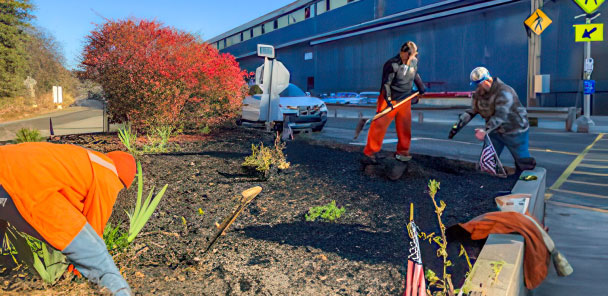
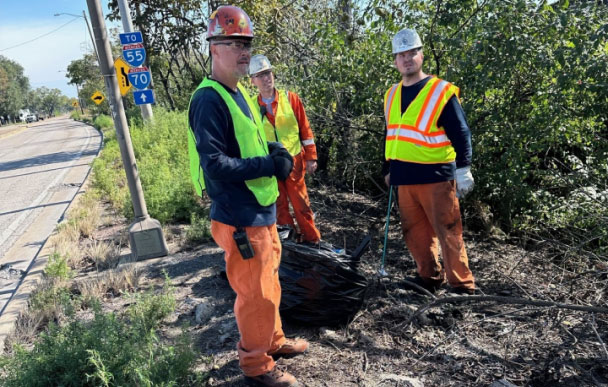
- For the third year in a row, employees at U. S. Steel’s Minnesota Ore Operations completed the second of two annual cleanups of a stretch of U.S. Highway 169 between the company’s Minntac and Keetac facilities, an event organized by the facilities’ LEAD (Leveraging and Enhancing All Diversity) ERG chapter.
- Volunteers from U. S. Steel’s Granite City Works, in Illinois, revisited their adopted highway stretch in October, gathering over 50 bags of trash, as well as a kitchen sink. The cleanup was organized by the plant’s SteelSUSTAINABILITY ERG chapter.
- At our Gary Works facility, a partnership between the LEAD and SteelSUSTAINABILITY ERG chapters and the Indiana Department of Transportation led to employees cleaning up a 1.5-mile stretch of Highway 20 Eastbound in November.
USSK has recovered more than 350,000 metric tons of solids from its waste water treatment plant, using them to reduce dust and support greening on 23 acres of land. USSK has increased the share of greenery area by 12%.
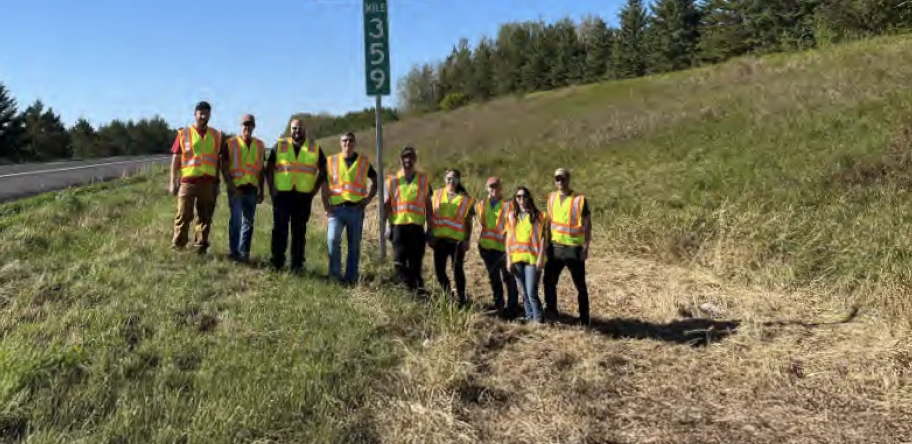
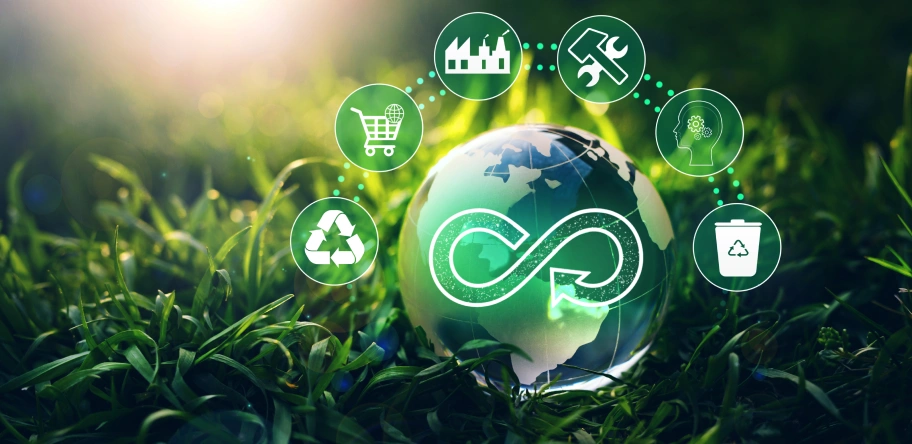
U. S. Steel uses a R2v3 (Responsible Recycling) Certified contractor for recycling of e-waste. All our facilities in the U.S. participate in this program. Our contractor provides the facilities with bins for collection that are picked up on an as-needed basis. Electronic equipment such as computers, monitors, keyboards, hard drives, telephones, printers and radios can be recycled or refurbished and reused through this program.
